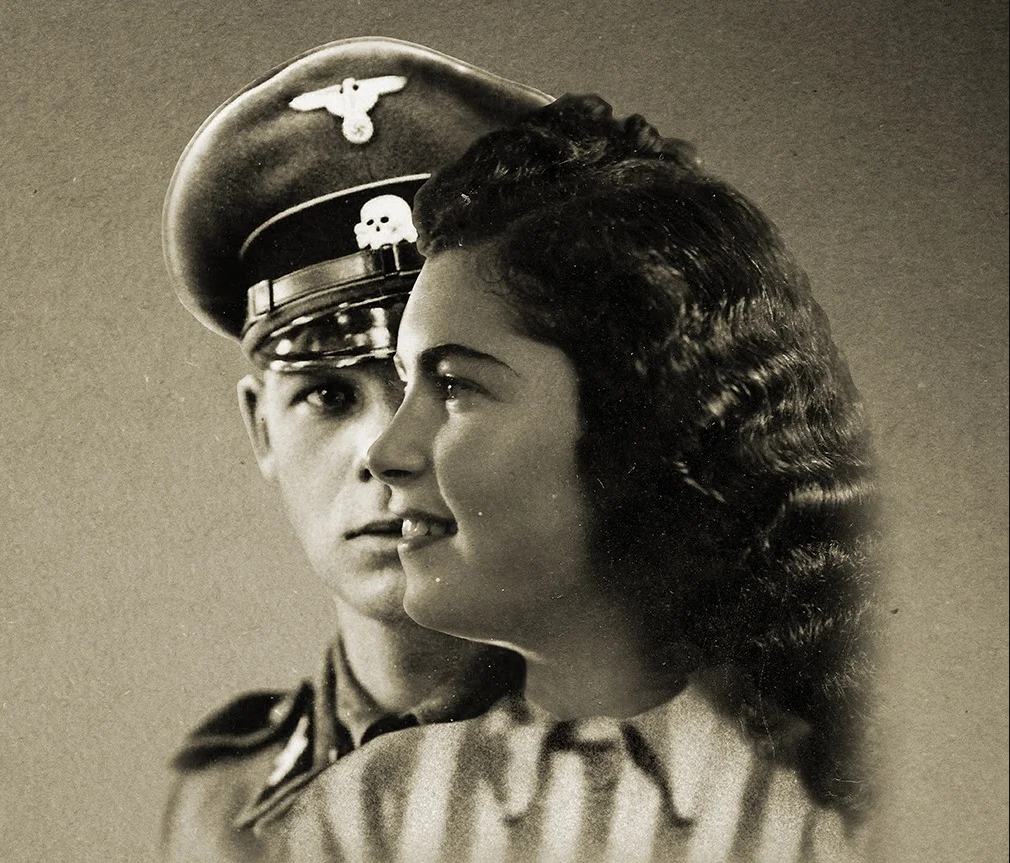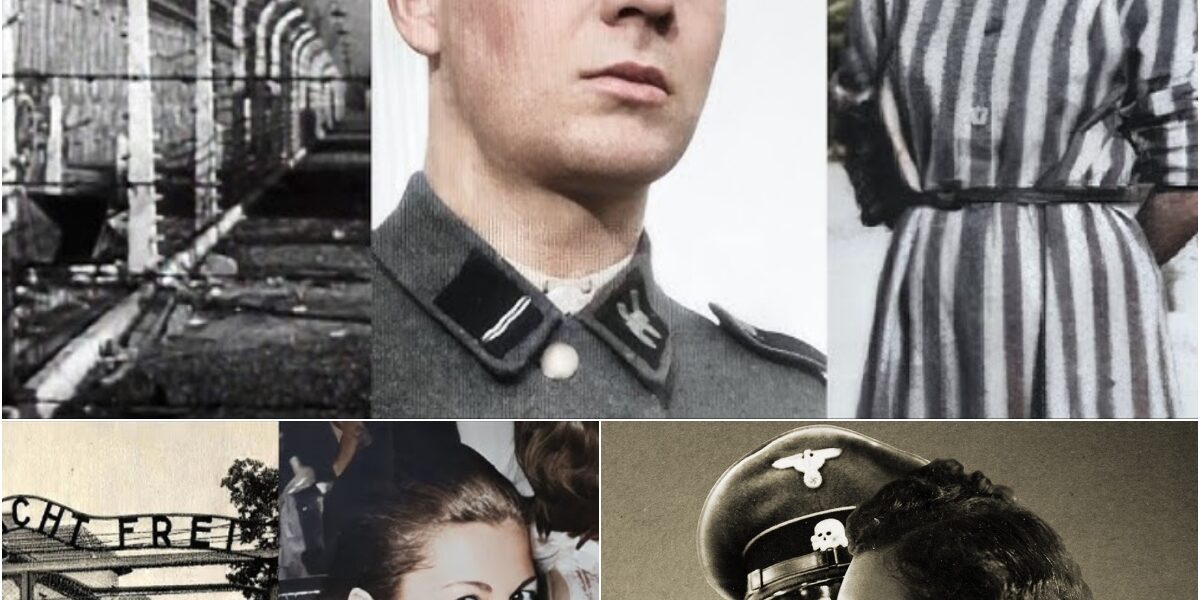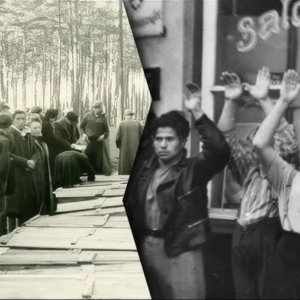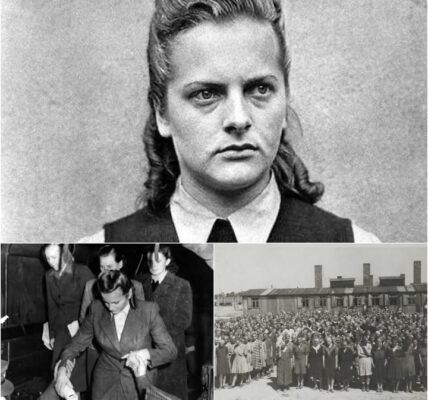A NAZI’S FORBIDDEN LOVE: Helena Citrónová – The Beautiful Jewish Woman Who Miraculously Survived the Auschwitz Gas Chambers When an SS Guard Risked His Life to Save Her _us

In the darkest chapters of human history, stories of survival and resilience shine like beacons of hope. Among them is the extraordinary tale of Helena Citrónová, a Jewish woman who survived the horrors of Auschwitz due to an unlikely and complex bond with a Nazi guard. Her story is not just one of survival but of courage, talent, and the unpredictable nature of human connections in the face of unimaginable cruelty. This narrative, rooted in historical truth, captivates with its blend of tragedy, love, and the will to endure, making it a compelling read for anyone seeking inspiration from the past.

Early Life and Family
Helena Citrónová was born on August 26, 1922, in Humenné, a town in what was then Czechoslovakia. Growing up in a Jewish family as one of four children, Helena was raised in a home filled with music and culture. Her father, a cantor, nurtured her love for singing, while her passion for dance sparked dreams of a brighter future. Her older brother, ever supportive, would tease her about taking her to Prague to showcase her talents, planting seeds of ambition in her young heart. These early years were marked by warmth and hope, a stark contrast to the darkness that would soon engulf her life.
The Shadow of War
The 1930s brought growing unrest to Europe, and Helena’s family was not spared its consequences. In 1934, her sister Róžika and her husband sought a better life in Palestine, only to face challenges that led them to return to Czechoslovakia in 1939 with their young daughter. Despite warnings from the Jewish community in Palestine about the brewing war, they made the fateful decision to come back. By the time they realized the gravity of their choice, it was too late. The tides of war had swept across Europe, and the Jewish people faced an existential threat under Nazi persecution.
Auschwitz and an Unlikely Bond

Helena’s life took a harrowing turn when she was deported to Auschwitz, the infamous Nazi concentration camp. Amid the brutality and dehumanization, her story took an unexpected twist. A Nazi guard, captivated by her, developed feelings that would alter the course of her life. This relationship, fraught with moral complexity, became a lifeline for Helena. While the details of their bond remain a delicate thread in her story, it highlights the unpredictable ways in which human connections can emerge, even in the bleakest of circumstances. Her survival was not just a matter of chance but a testament to her resilience and the power of her presence.
A Legacy of Resilience
Helena’s survival in Auschwitz was nothing short of miraculous. Her talents, her spirit, and the extraordinary circumstances of her relationship with the guard allowed her to endure where so many perished. Her story challenges us to reflect on the strength of the human spirit and the unexpected moments of humanity that can arise in the darkest times. It also serves as a reminder of the countless lives lost and the importance of preserving these stories to honor the past and inspire the future.
Helena Citrónová’s life is a powerful testament to the resilience of the human spirit. From her early days filled with music and dreams in Czechoslovakia to her survival in the face of unimaginable horror, her story resonates with courage and hope. For those who read her tale, it serves as a reminder that even in the darkest moments, light can emerge through unexpected connections and unyielding determination. Let us carry forward her legacy by sharing her story, ensuring that the strength and survival of those who faced the Holocaust are never forgotten.










